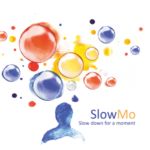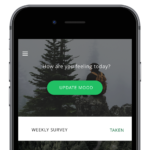
Liesbeth Tip and Antigone Lanitis reflect on a recent systematic review and meta-analysis that investigated internet-delivered psychological treatment as an add-on to treatment as usual in depression, anxiety, and PTSD.
[read the full story...]
Liesbeth Tip and Antigone Lanitis reflect on a recent systematic review and meta-analysis that investigated internet-delivered psychological treatment as an add-on to treatment as usual in depression, anxiety, and PTSD.
[read the full story...]
Sharon Eager summarises a qualitative study conducted with university students in South Africa who identify the pros and cons of iCBT for depression.
[read the full story...]
Imogen Bell blogs about a recent randomised controlled trial of the SlowMo app, which aimed to slow down thinking patterns and correct interpretation biases in people experiencing paranoia.
[read the full story...]
Stefan Rennick-Egglestone on a qualitative study of psychotherapists’ views about the barriers and facilitators to implementing blended psychotherapy for depression.
[read the full story...]
Leen Vereenooghe summarises a recent review paper that presents the state of the evidence and future directions for digital mental health and people with intellectual disabilities.
[read the full story...]
Olivia Kirtley looks at a qualitative study of a blended therapy using problem solving therapy with a customised smartphone app in men who present to hospital with intentional self-harm.
[read the full story...]